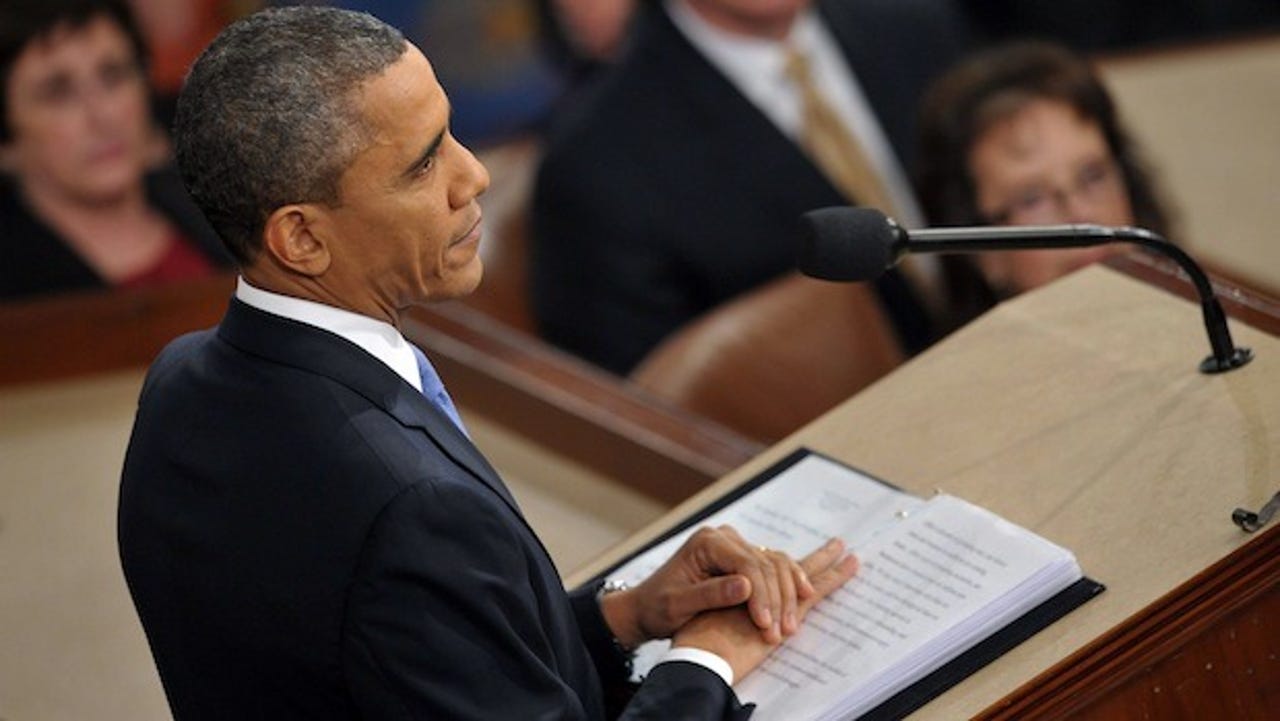Obama's action looks to bolster foreign tech workers, students

Fed up with a House of Representatives that has basically sat on a potentially historic and much-needed Immigration Reform Bill for over a year despite the Senate having passed it, President Obama, in an address to the nation, unveiled an executive action for immigration reform that will no doubt infuriate and delight many in America in equal measure.

If it goes through, the executive action will shield 5 million undocumented immigrants from deportation who are fathers and mothers of US citizens and legal permanent residents, and who will now be able to live and work in the country legally for a period of three years.
More pertinent to the tech community, however, is President Obama's declared intent to alleviate the status of foreign technology workers. One measure intends to continue the Optional Practical Training (OPT) program that allows foreign students who graduate with advanced degrees from US universities to work in the United States on a temporary basis. Another measure gives a boost to foreign workers with H1B visas in the US who bring their families with them, by allowing spouses of these visa holders the ability to now also get work permits.
"I will make it easier and faster for high-skilled immigrants, graduates, and entrepreneurs to stay and contribute to our economy, as so many business leaders have proposed," Obama said in his address.
As I had mentioned in my detailed article that examined some of the critical issues involved in the outsourcing debate, the Immigration Reform Bill (S744) passed last year in the Senate with bipartisan support by a comfortable 68 to 32 margin, but has been sitting with the House for a while now, awaiting action. While the proposed Bill actually boosts the number of H1Bs from the current 85,000 to 195,000, something that outsourcing opponents bemoan, defenders of H1Bs say that there are too many onerous restrictions on foreign workers outlined along with exorbitant increases in fees if companies stray over the prescribed limits.
It remains to be seen as to how President Obama's executive action corresponds to or diverges from the version of the Bill that was passed by the Senate, since none of Obama's pronouncements were particularly detailed. Suffice it to say, however, that not many in the tech arena on either side of the fence were particularly happy about them. According to Reuters, the US chapter of the Institute of Electrical and Electronics Engineers decried a possible increase in H1Bs, or even the awarding of work permits to spouses, suggesting instead that a reduction in the backlog of H1Bs to begin with — and therefore an increase in the supply of foreign tech workers — would be a more appropriate course of action.
On the other hand, the vanguard of labour, the AFL-CIO, suggested that increasing H1Bs would bring its fair share of problems.
"We are concerned by the president's concession to corporate demands for even greater access to temporary visas that will allow the continued suppression of wages in the tech sector," said a statement issued by the organisation.
My recent article on the outsourcing debate looks at some recent studies that suggests the linkage between wage suppression and an increase in foreign tech workers, including H1Bs, is surprisingly tenuous. Similarly so is the linkage between more H1Bs and a decrease in tech jobs for American tech workers.
There are some in the technology sector who think that all of this debate and talk about H1Bs — 0.0004 percent of 155 million working people in America, mind you — is nothing but a highly emotive but ultimately irrelevant topic that mystifyingly dwarfs the infinitely more important issue that looms large: Namely, the continuing decline of public education in the United States.
They might be right.